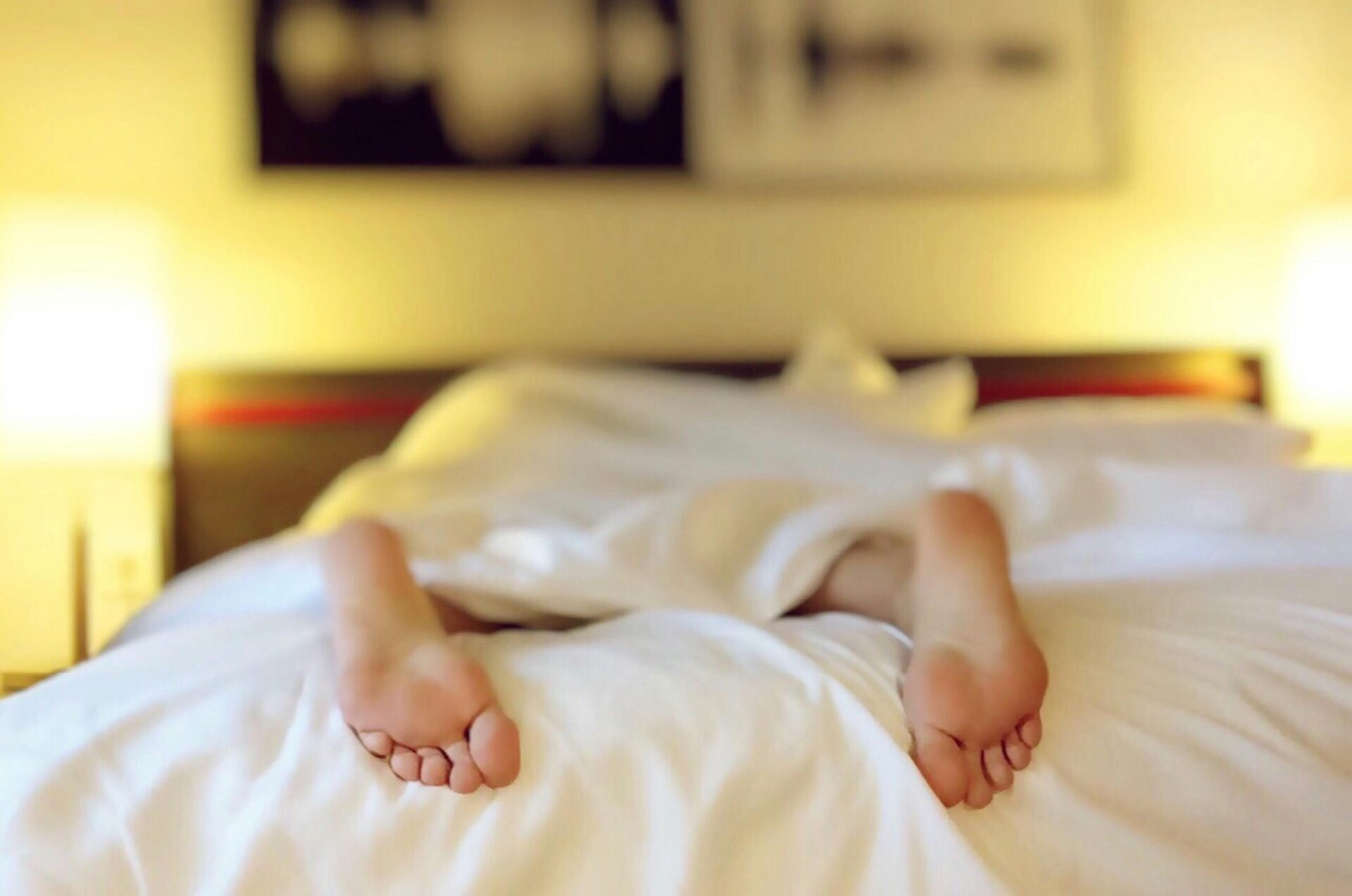My Basic Sleep Hygiene

In the hustle and bustle of modern life, sleep often takes a backseat to our seemingly endless to-do lists and commitments. Yet, it is during sleep that our bodies undergo essential processes for physical and mental restoration, consolidation of memories, and overall well-being. However, not all sleep is created equal. The quality of our sleep is heavily influenced by our habits and environment, collectively known as sleep hygiene.
In this article, I would like to show my sleep hygiene – what it entails, why it matters, and maybe motivate and convince some of you to try it for yourself. Many authors including Matthew Walker, W. Chris Winter or known scientist and podcaster Andrew Huberman regards sleep as one of, if not THE pillar of health – physical and mental. Without sleep, our bodies are left without a self-cleaning mechanism for our brain. Chris Winter focuses his book on the main parts of sleep a problems that can creep up in these: Problems with starting to sleep, problems during sleep or problems waking up. All of these have their specific problems, some issues can span over into other or all three categories. I would like to use this template to share some tips that I have implemented for better and more regenerative sleep.
1. Winding Down to Sleep
Rule: 3-2-1
- 3 hours before sleep: No food
- I avoid eating to ensure my digestive system isn’t working hard when I am trying to sleep. Organs want to get some sleep too!
- 2 hours before sleep: No drinking (non-alcoholic beverages too)
- Limit fluid intake to prevent frequent trips to the bathroom.
- 1 hour before sleep: No screens
- As much as I can I reduce exposure to blue light from phones, computers, and TVs to help my body produce melatonin naturally.
2. Sleep
Avoid Alcohol and Coffee:
- Alcohol: Even though it might help you fall asleep initially, it disrupts the sleep cycle and reduces REM sleep significantly. Also it increases the chances of sleep apnea.
- Coffee: Caffeine stays in your system for several hours, so avoid it at least 6 hours before Mathew Walker recommends no caffeine after 12pm. That way it has enough time to metabolize before you go to sleep.
Tracking REM and Deep Sleep:
- If you want to optimize and make something better, you need something to track it with, so you can get objective data. I use sleep tracking devices like ring to monitor my sleep stages. Rings are less obtrusive for me than smart watches for example. Trust me, I removed them even during sleep and noticed in the morning. Another great thing about tracking is that you can see if any unusual breathing or oxygen saturation occurs.
3. Easier Waking Up
At Least 7 Hours of Sleep:
- I always aim for a minimum of 7 hours of sleep each night to ensure you get enough rest and recovery time.
Stability and Regularity:
- Consistency is crucial. Go to bed and wake up at the same time every day, even on weekends. This regularity helps regulate your body’s internal clock. There is a little wiggleroom, but do not change it too much.
Quick Stretch:
- A brief stretching routine upon waking helps get the blood flowing and prepares your body for the day.
Sunlight:
- Expose yourself to natural sunlight in the morning to help regulate your circadian rhythm. This helps signal to your body that it’s time to wake up and be alert. When you wake up before sunlight there are lamps that simulate These are great during winter in some places.
Tips from people around me:
Optimize Your Sleep Environment:
- Ensure your bedroom is cool, dark, and quiet. Consider using blackout curtains and earplugs if necessary. When we were trying to optimize my partner’s sleep, nothing helped as much as earplugs and eye mask.
Limit Naps:
- If you need to nap, keep it short (20-30 minutes) and avoid napping late in the day. Some say naps are helpful and not bad, but in my experience after I take a nap midday I am very sleepy afterwards.
Exercise Regularly:
- Regular physical activity can help you fall asleep faster and enjoy deeper sleep. Just avoid vigorous exercise close to bedtime.
Mindfulness:
- Practice mindfulness or meditation before bed to calm the mind and prepare your body for sleep


Responses